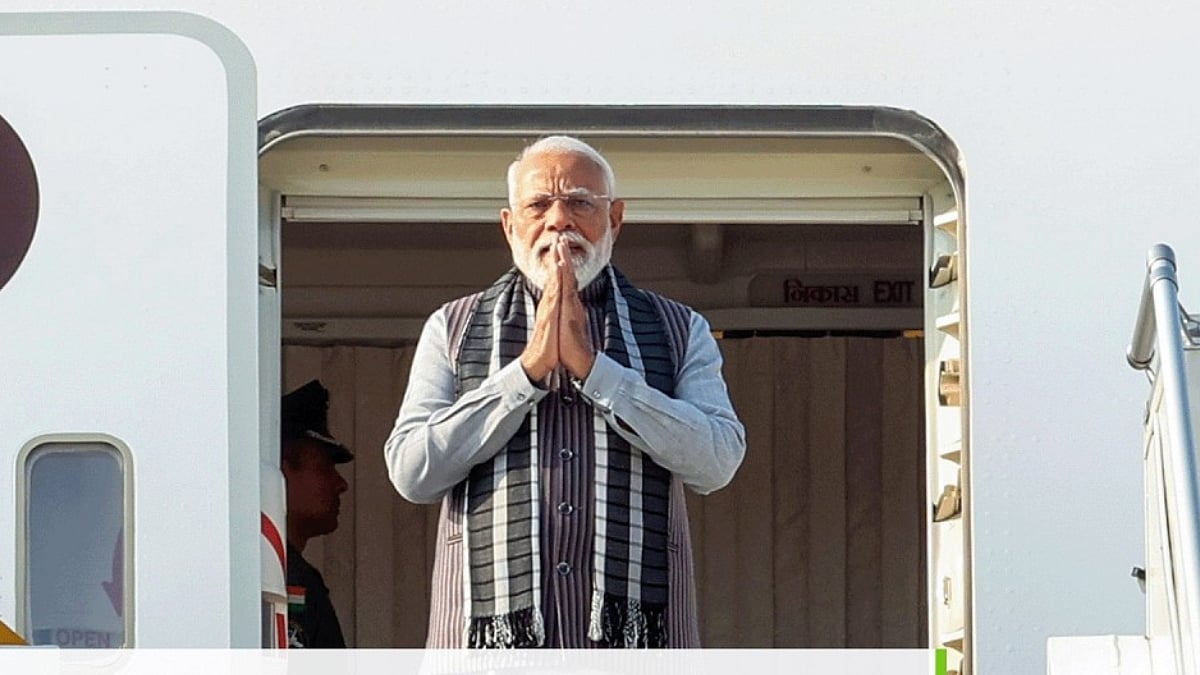When Abraham Lincoln mentioned that you can fool all the people some of the time and some of the people all the time, but you cannot fool all the people all the time, he may not have had in mind those who are fools per se or those who love to be fools.
Though his statement, claimed to have been made in 1858, was directed at senator Stephen Arnold Douglas for his political stand, it is now popularly attributed to rulers of a nation. Mr Lincoln’s statement is now apt for almost all leaders the world over, particularly in electoral politics.
Politics, especially electoral politics, has come down to manipulation, deceit, jugglery of words and facts, playing with public sentiments and creating a facade of nationalism, patriotism and public good. Unfortunately, it is not just the members of the public who fall prey to this — often thinkers, academicians, intellectuals and journalists also become victims.
Journalists are expected to probe into things, keep a check on the Government of the day and highlight the problems of the masses so that decision-makers in the country can act on the situation by working out solutions. It is the job of the media to bring the people’s woes to the notice of the decision-makers, who are either ignorant of the facts or skilfully ignore real issues and instead create public opinion on irrelevant issues.
As a nation, we seem to have decided to either be fools, allow ourselves to be fooled by our rulers, or be oblivious to the fact that we are being fooled by our rulers. Mediapersons, part of the same society, are expected to apply their minds, see the reality and help society to wake up to it. Unfortunately, mediapersons have become more of public relations officials for the Government and those in power. There is no end to their sycophancy, and most have started crawling when they have not even been asked to bend.
Almost all the journalists, if they can be called so, of the mainstream media have forgotten investigative journalism and their ‘investigation’ is often confined to spreading misinformation about the opposition.
The media has failed on several counts, at the national level as well as the local level, to play its traditional role. There was a time when, in the corporate office of a major industrial group in the country, journalists were made to sit in a section marked ‘For stenographers’. This went on for years, until some journalists protested, leading to the removal of the board.
Stenography is now redundant and defunct, yet a large number of journalists seem to work just like stenographers, taking down dictation. Even a robot with artificial intelligence might protest when given orders that it does not like; many journalists do not even do that.
Television channels have lost whatever sense of decency they had. There was a time when journalists practiced self-censorship and ensured that disturbing visuals were not published. A national weekly, which carried photographs of the impact of the bomb blast that took the life of former Prime Minister Rajiv Gandhi, carried a warning that the photographs of the bomb blast were disturbing and that readers should use their discretion in viewing them. A picture is worth a thousand words, and the media, especially television channels, should be careful in using visuals that violate decency. Since the media has failed to do so, the Information and Broadcasting Ministry has issued an advisory to private television channels in the country, asking them to adhere to the Programme Code under the Cable Television Networks (Regulation) Act, 1995.
The advisory issued by Prateek Jain, assistant director in the ministry, reminded the broadcasters of the responsibility and discipline expected from them under the Programme Code and pointed out that television channels have been showing bodies of individuals and images/videos of injured persons with blood splattered around, people, including women, children and elderly being beaten mercilessly in close shots, continuous cries and shrieks of a child being beaten by a teacher, shown repeatedly over several minutes including circling the actions, thereby making it even more ghastly, without taking the precaution of blurring the images or showing them from long shots.
The advisory has also listed some specific instances of violation of the Programme Code. While the ministry is right in pointing out such instances, it is not a good sign for media, if it wishes to function independently without the interference of the executive.
Unofficial issuance of diktats from those in power, through personal staff or through bureaucrats, are issued on a regular basis and that also affects the independence of the media. If the media decides, it can throw such diktats in the dustbin but when there are official orders, they will undermine the little freedom that the media enjoys today, as that will amount to censorship. Such a situation will not only be damaging to the media, but also to society at large and the nation. The media in entirety will have to pay the price for the indecent and unprofessional work of a section of the media — this has to be prevented.
It is time mediapersons woke up to the situation. They would do well to read the history of journalism in India and take lessons from those who made great contributions to journalism as well as to the country, without fearing governments — foreign or Indian.
The author is a senior journalist and media trainer. He tweets at @a_mokashi




